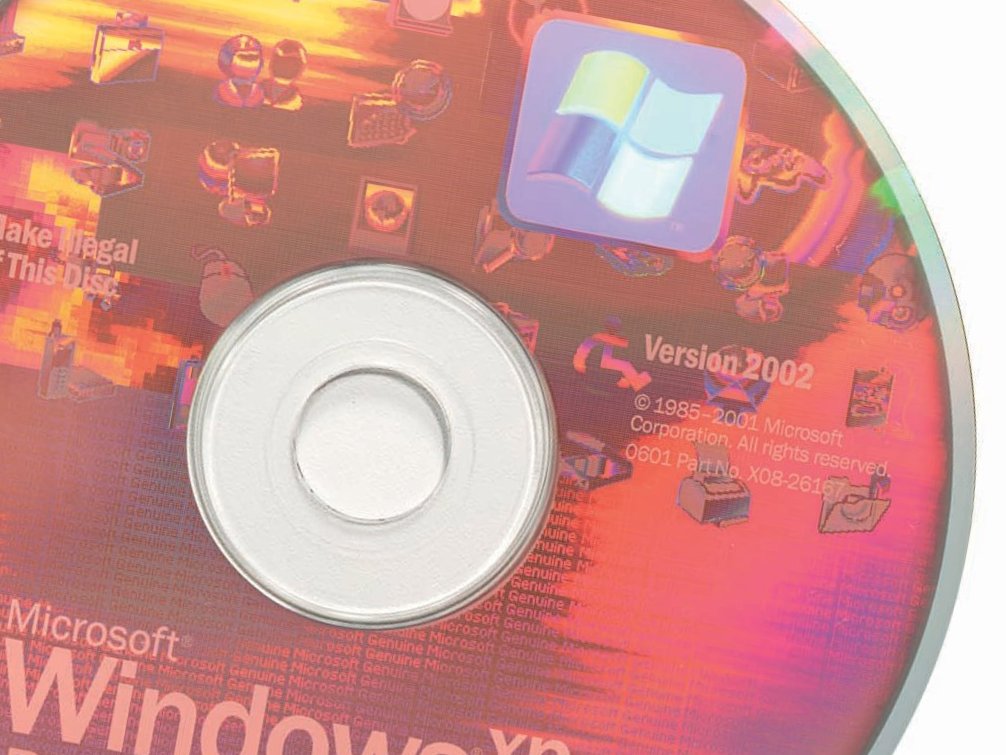Microsoft continuing 'abusive behaviour'
EU says Microsoft continues to be anti-competitive

According to the top EU antitrust official, Microsoft is ignoring the terms of the last EU ruling against it. Commissioner Neelie Kroes told the European Parliament this morning that Microsoft is still demonstrating "abusive behaviour" to enhance its market position.
The EU has sought to force Microsoft to disclose information that will allow other companies to make sure their software works properly with its operating systems.
The main Microsoft ruling occured in 2004, when the US company was fined 497 million euros. In 2006, the Commission told Microsoft to pay further day-by-day fines totalling 281 million euros.
The EU accused the corporation of "failing to comply" with its rulings at the beginning of March, partly in terms of its server shipments.
Reuters reports that Kroes told the parliament: "Microsoft is constantly gaining market share and that is what is worrying me in the workgroup server operating market."
She told Microsoft that "as a consequence of your abusive behaviour, you are getting positive results for the company - that's not acceptable in my opinion."
Kroes' beef with Microsoft mostly centres around the fact that Microsoft's market share has doubled in the server space since 1999 - it's now around 70 per cent within the EU.
Sign up for breaking news, reviews, opinion, top tech deals, and more.
However, part of the 2004 ruling found that Microsoft infringed the EC rules on "abuse of a dominant position". The complicated ruling compelled Microsoft to disclose certain key information about its software.
The EC released a statement in early March telling Microsoft it shouldn't be charging for some technology licensing within Europe as some of it isn't homegrown Microsoft technology. Microsoft's provided "interoperability information lacks significant innovation," it said.
"Microsoft has agreed that the main basis for pricing should be whether its protocols are innovative," said Competition Commissioner Neelie Kroes . "The Commission's current view is that there is no significant innovation in these protocols. I am therefore again obliged to take formal measures to ensure that Microsoft complies with its obligations."
Unsurprisingly, Microsoft released a counter-statement to say it disagrees with the Commission's accusations. "We do have a different perspective on the underlying facts and the proposed findings. First, we believe we have been fair in setting proposed protocol prices."
Microsoft's announcement cited an analysis by PricewaterhouseCoopers that its proposed protocol prices were "at least 30 per cent below the market rate for comparable technology".
Dan (Twitter, Google+) is TechRadar's Former Deputy Editor and is now in charge at our sister site T3.com. Covering all things computing, internet and mobile he's a seasoned regular at major tech shows such as CES, IFA and Mobile World Congress. Dan has also been a tech expert for many outlets including BBC Radio 4, 5Live and the World Service, The Sun and ITV News.